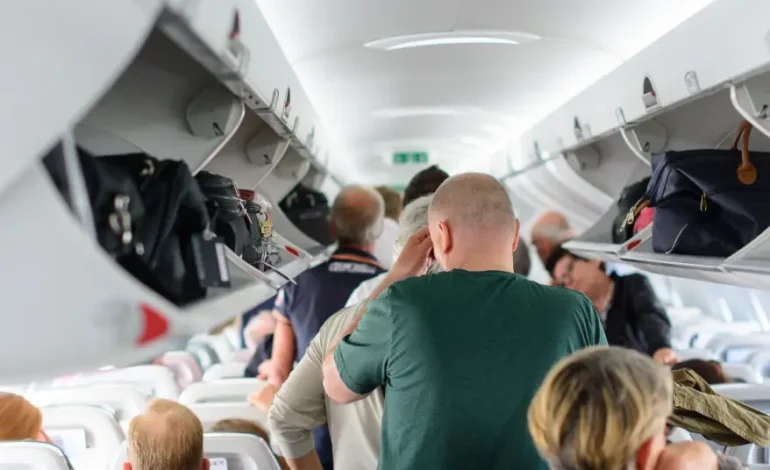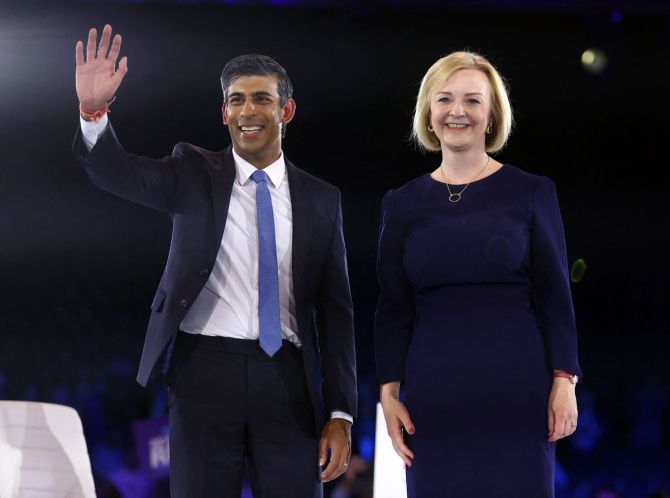Researchers from the University of Cambridge have suggested a new approach to help the aviation industry reach net zero carbon emissions by 2050: slowing down flight speeds, New York Post reports.
This proposal, while controversial, aims to cut fuel consumption and reduce the aviation industry’s contribution to climate change.
The proposed plan would reduce flight speeds by approximately 15%, adding around 50 minutes to every journey, according to The Independent. While this may frustrate travelers, scientists argue that slowing down could reduce fuel consumption by 5 to 7%, potentially cutting the industry’s carbon emissions, which currently contribute about 4% to global climate change. The research is being presented to the United Nations, aiming to implement these changes in the next few decades.
Supporters of the plan believe that, combined with more efficient airport operations, the additional flight time could be offset by reduced delays on the ground. However, many travelers may be skeptical, given ongoing frustrations with flight delays and cancellations. Earlier this year, disruptions in air travel were described as the “new normal” due to a post-COVID surge in passengers and operational challenges.
The researchers also pointed out the need for improvements in aircraft design. Citing recent issues with parts falling off planes, such as those experienced by Boeing, they argue that better-made aircraft could enhance safety and efficiency for travelers.
Rob Miller, a professor at Cambridge’s Whittle Laboratory, emphasized that achieving these goals would require a collaborative effort from airlines, manufacturers, and airports.
“The complexity of the system makes it very hard to do,” Miller acknowledged.
He compared the aviation sector’s current state to the automotive industry’s shift to electric vehicles in the late 2000s. He noted that significant progress has been made in the automotive world, with over 16% of American vehicles being electric or hybrid by the end of 2023.









